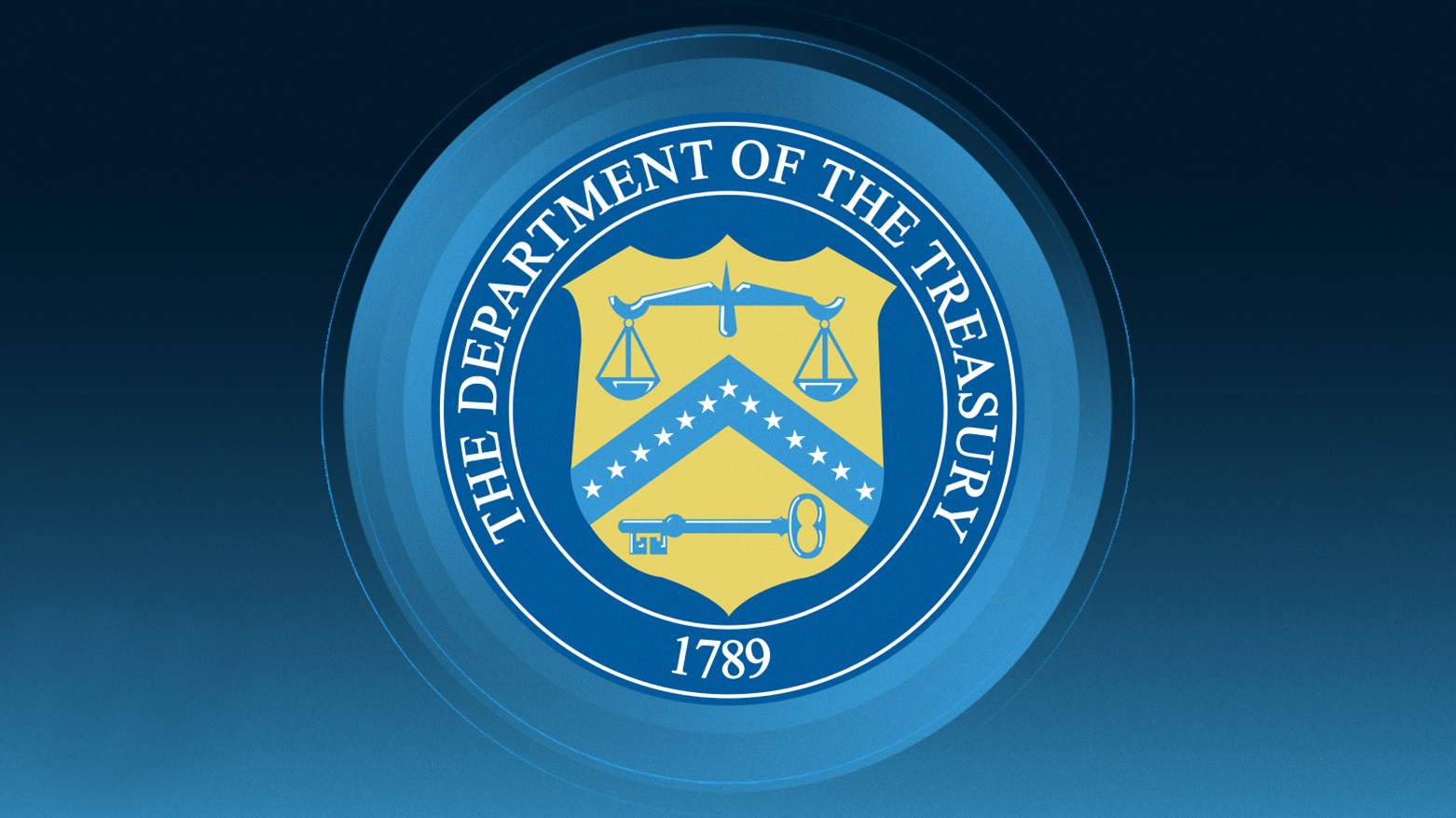US Issues Sanctions on Houthi Arms Procurement Networks
“Houthi operatives located in Iran and elsewhere manage an array of supply chains and smuggling networks to transport dual-use materials and other lethal aid into Houthi controlled territory."

WASHINGTON DC, United States (Kurdistan 24) On Wednesday, the U.S. announced sanctions targeting weapons suppliers to Yemen’s Houthis, a U.S.-designated terrorist group which is backed by Iran.
Tehran has exploited the year-long war, triggered by Hamas’s brutal Oct. 7 cross-border assault into Israel, to mobilize its proxies in the region, including the Houthis.
Generally speaking, the Iranian-backed groups have taken the position that their attacks are being conducted in support of Hamas, and they will not stop until a cease-fire is reached between Hamas and Israel.
However, as State Department Spokesperson Matthew Miller told journalists on Wednesday, it is not the Israelis who are blocking the establishment of a ceasefire. Rather, it is Hamas.
“Over the last few weeks, Hamas has been unwilling, for whatever reason, to engage,” as Miller advised the State Department press corps.
Houthi Attacks—If Necessary, Just Make it Up!
Most Houthi attacks have targeted shipping in the Red Sea and in the Gulf of Aden.
However, the Houthis, on occasion, have used their Iranian-supplied weapons to attack Israel. They did so early on Thursday morning, when they launched drones at the Tel Aviv metropolitan area, Israel’s commercial center.
That they would do so immediately after the U.S. had announced new sanctions may well suggest that those sanctions will have minimal effect.
In any event, the Israeli Defense Forces (IDF) reported that it had shot down two drones, while a third had landed in an open area.
There was no damage or casualties from the Houthi attack, the IDF said.
Nonetheless, the Houthi army spokesperson, Yahya Saree, boasted that the Houthis had attacked Israel with "a number of Yaffa drones” and they had reached their targets without being intercepted, as “Egypt Today” reported.
A more sophisticated society might call out the blatant falsehood, but, apparently, that is lacking in Yemen.
Arab Countries Have Suffered Most from Houthis
There is no love lost between Egypt and the Houthis. Egypt is one of the countries that has been most badly hurt by the Houthis’ indiscriminate attacks on shipping.
Revenue from ships transiting the Suez Canal is a major source of income for Egypt. However, the Houthis’ assaultshave caused a 42% drop in traffic through the canal, as a significant number of shipping agencies now send their vessels via the much longer, but safer, route around southern Africa.
Thus, according to Egyptian figures, the country has lost nearly two-thirds of its annual revenue from Suez Canal traffic, because of the Houthi attacks.
Similarly, Saudi Arabia has long opposed the Houthis, viewing them as the tools of an attempt from Shi’ite Iran to establish a foothold in their backyard.
In the 1960s, Egyptian President, Gamal Abdul Nasser, tried something similar, intervening in Yemen’s civil war, with an eye to acquiring control over the Saudi oil fields, although that effort proved a failure.
New U.S. Sanctions on Houthi Networks
As State Department Spokesperson Matthew Miller announced on Wednesday in a written statement, the U.S. imposed sanctions on one person and three companies “that have facilitated weapons procurement and smuggling operations for the Houthis.”
“Houthi operatives located in Iran and elsewhere manage an array of supply chains and smuggling networks to transport dual-use materials and other lethal aid into Houthi controlled territory,” a Treasury Department statement explained, as it laid out the details of the new U.S. measure.
In that context, Treasury sanctioned Hasan Ahmad al-Kuhlani, a 40-year old Yemeni based in Iran, who has “coordinated to conceal and transport lethal aid to Houthi forces.”
Also sanctioned were three Chinese companies: Shenzhen Boyu Imports and Exports Co. Ltd, Shenzhen Jinghon Electronics Ltd, and Shenzhen Rion Technology Co. Ltd.
The first company is a “logistics and international shipping firm that has facilitated multiple shipments of dual-use components” for manufacturing the Houthis’ weapons, the Treasury Department said, a description that also applies to the second company.
The third company, Shenzhen Rion Technology, which also supplies the Houthis, was previously sanctioned for smuggling key materials to Iran’s Ministry of Defense and Armed Forces Logistics.
In addition, two oil tankers were sanctioned. One was the Gabon-flagged Izumo, which ships “petroleum products on behalf” of a sanctioned front company, Sepehr Energy, for the Iranian Armed Forces General Staff, as well as for the Houthis, the Treasury Department said.
The second sanctioned vessel is the Cook Islands-flagged crude oil tanker, the Frunze.
“The Frunze has also been linked to the transport of illicit Iranian oil.” Treasury said, while “both vessels have been associated with illicit Russian oil shipments.”